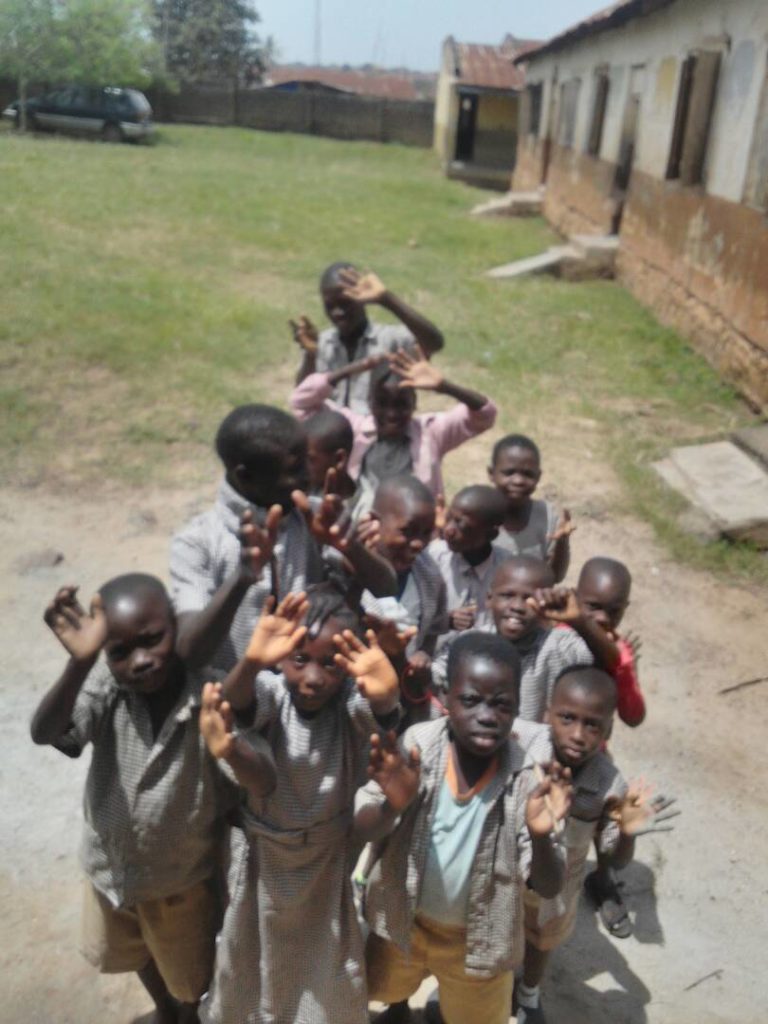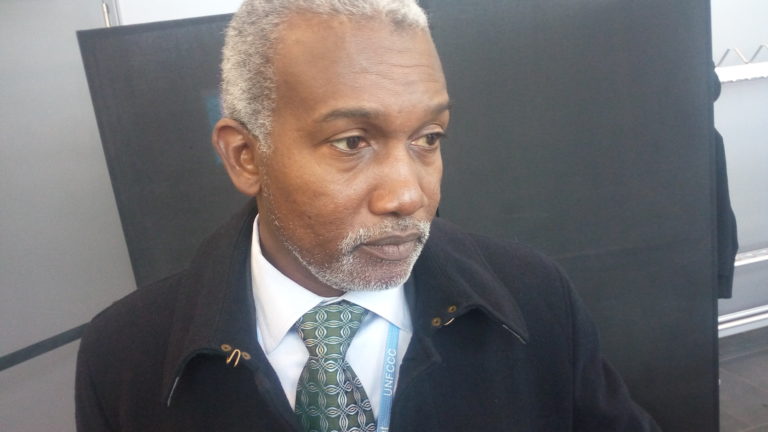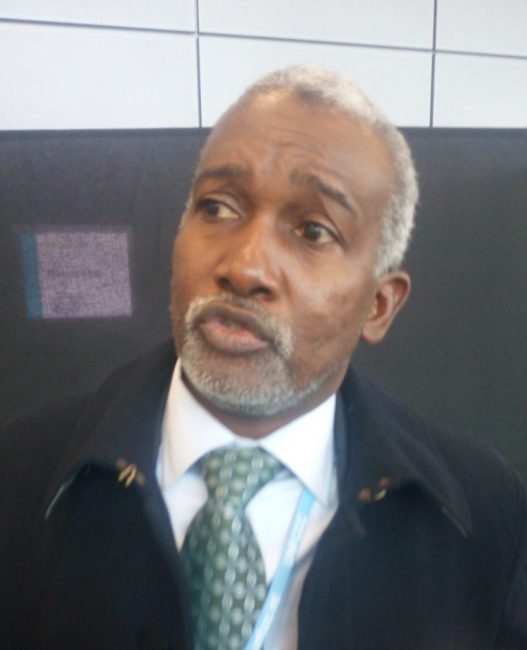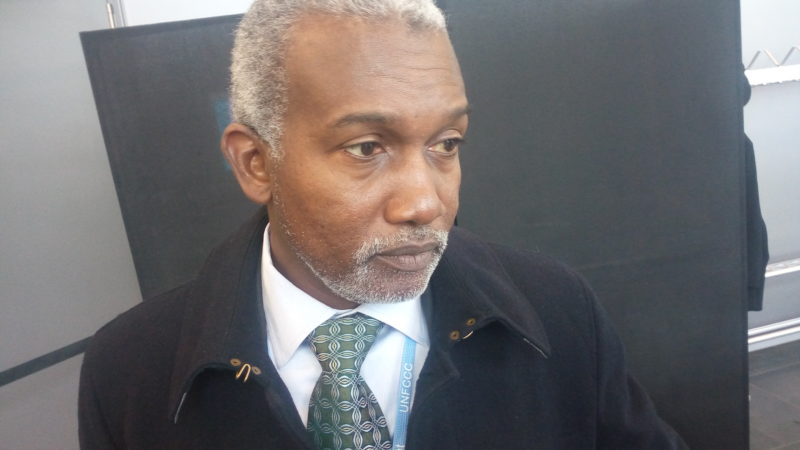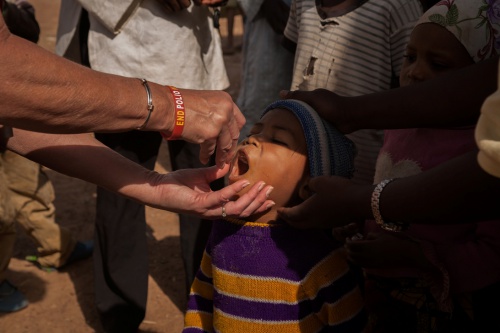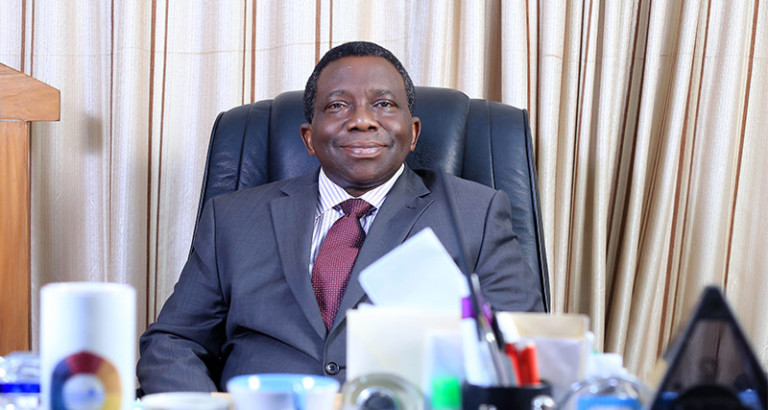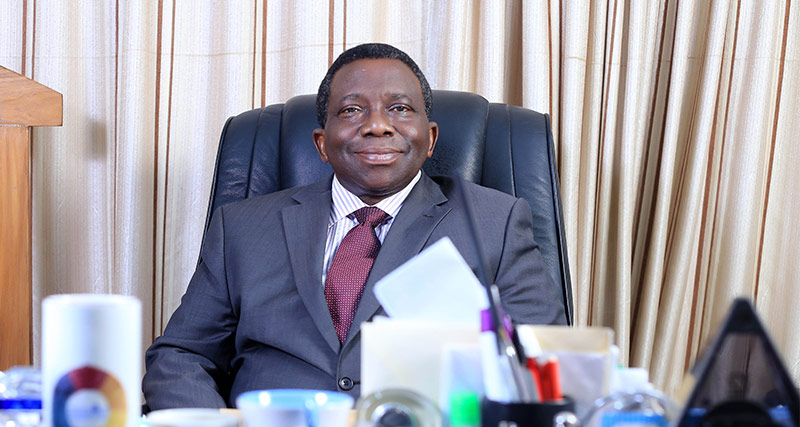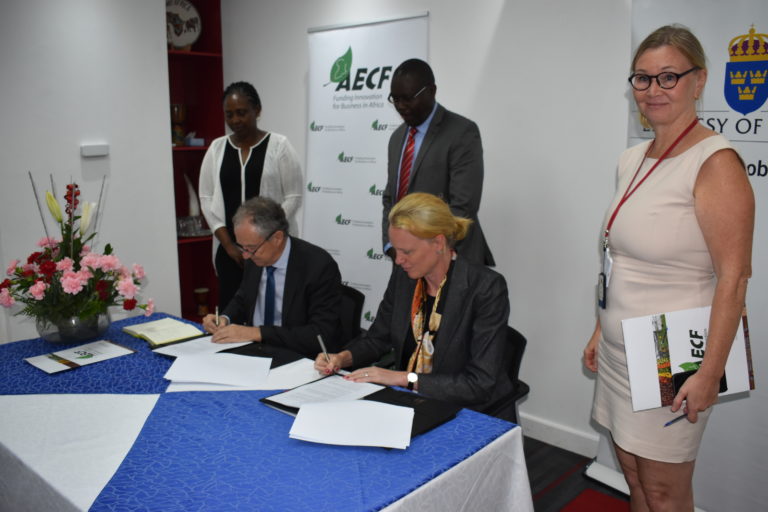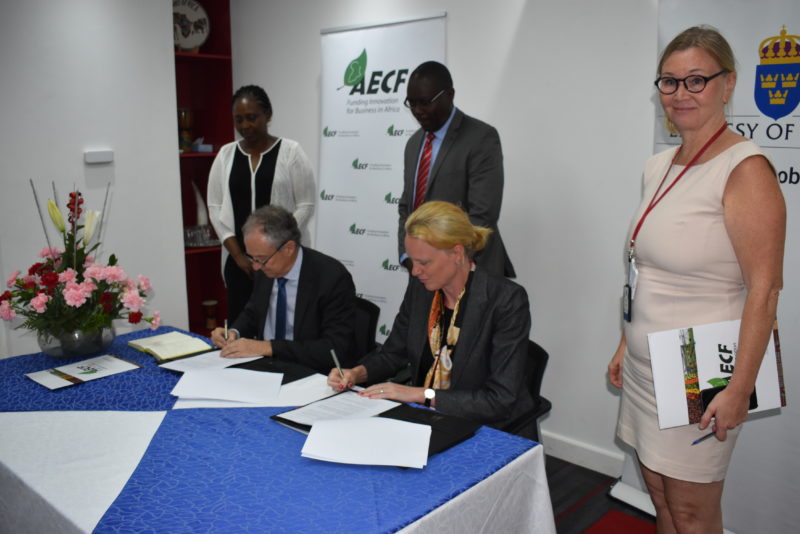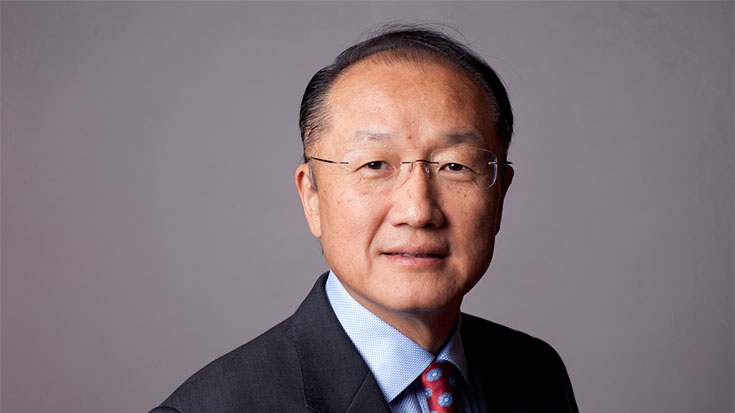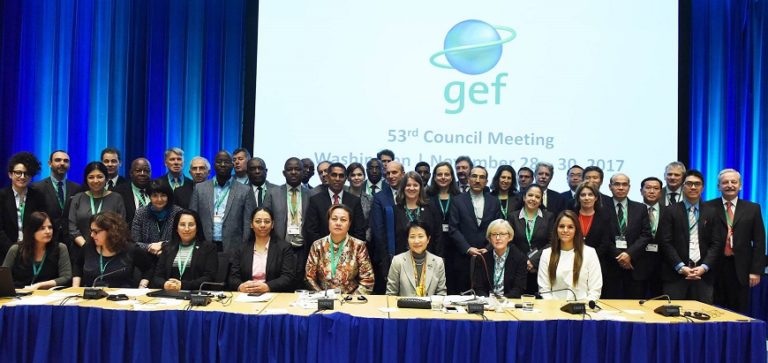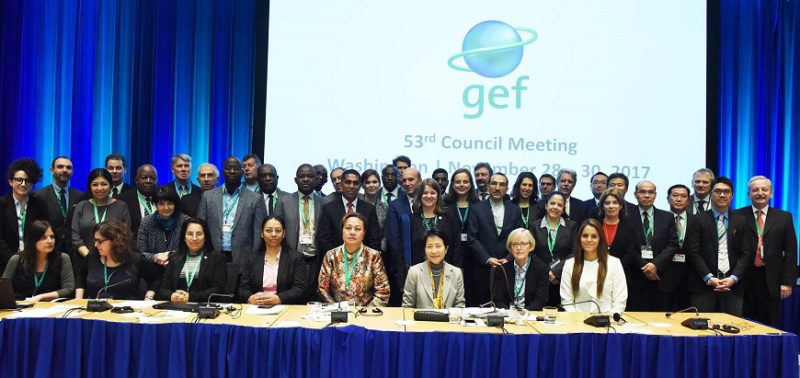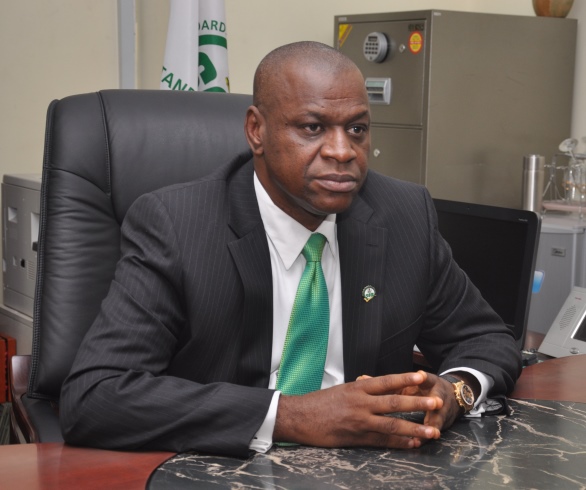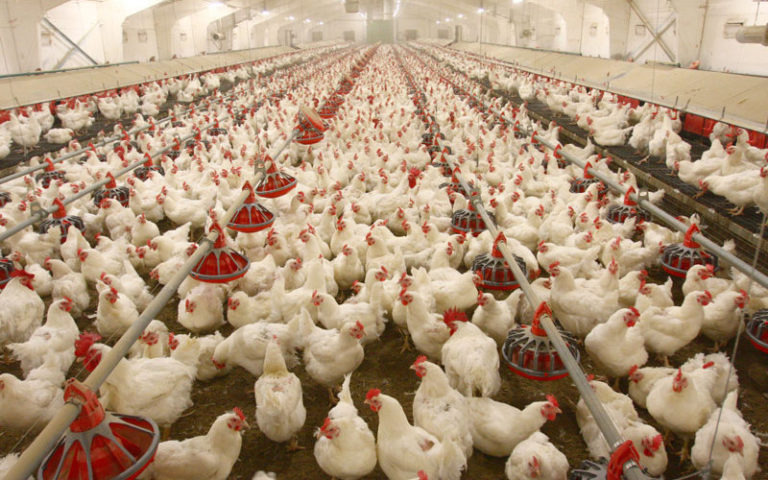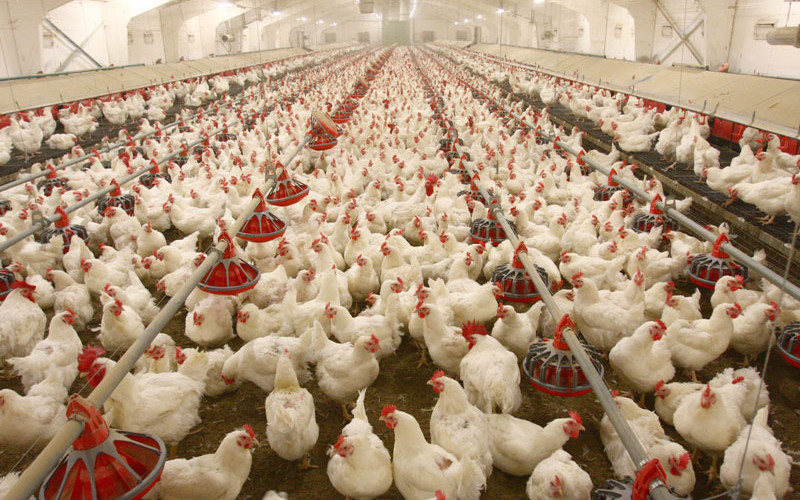The Nigerian government’s plan to give every child an education is hampered by poor monitoring, fund leakages and an overall lack of manpower. Abiose Adelaja Adams, in the spirit of the 2017 International Day of Persons with Disabilities, visited nine basic schools in Lagos, Ogun and Oyo states to study the situation of special-need pupils and came back with stories of both hope and woe; making one to wonder: don’t these children also enjoy the right to decent education?
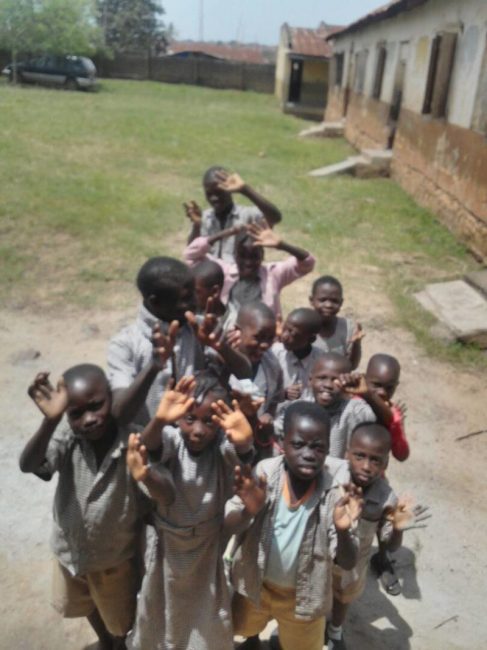
Words wouldn’t come from her mouth, but they came out in hand gestures; reinforced by the grins and grimaces on her face. Alarape Olateju is already 20 and her life had been an endless string of abandonment. From the first day she was diagnosed of hearing impairment, her teenage mother abandoned her to her aunt. The aunt also dumped her with her grandmother who was surviving on subsistent farming in Ogbomoso, Oyo State. When hunger assailed them, the elderly woman took her ward to the local government authority.
Today, Alarape is enrolled in Primary 3 at the Community School for the Handicapped, in Ogbomosho South Local Government Area of the state. It was around 12:45pm that Wednesday afternoon when I arrived, and the school was preparing to close for the day. The headmistress, Mrs. Janet Aremu, rang the bell and motioned to the students to welcome this visitor.

Alarape and her colleagues screeched to the grassy assembly field. The joy in their eyes, the merriment in the sound they attempted to make and the frantic wave of their hands, all showed that they were not used to visitors and were glad that one came.
The little girls genuflected. The boys made gestures and signed with their fingers, in greeting.
There are 175 children in this school, Mrs. Aremu, said. The majority are the ones with Hearing Impairment (97), the rest are Learning Disabilities and the Special Intelligence Retarded, she explained when she took me to her office.
We receive nothing from the government.
There was frankness in her voice that showed in her unblinking stare.
Since the inception of this school, nothing came from government. Someone did this perimeter fencing for us, she said, pointing to the fence, while we, the teachers, contributed money to raise the blocks. A Corps member (Youth Corper) gave us this borehole. The textbook they give us from the Ministry is not according to the curriculum, so we have to source and buy our own textbooks; the children have no hearing aids. The Ministry gave us only six.
She brought out six packets of Cyber Sonic hearing aids, displaying them on her table.
“But they are not enough,” she said, half in jest.
Furthermore because of the lack of these materials, the teachers use traditional methods to teach.
We use powder and feather to teach them since we do not have a speech trainer. We use total communication- speech, pantomime, gestures. Teachers are also insufficient.
You know, for children like these, a child represents seven children. Ideally, we are supposed to have a teacher to six children, but what we have is 14 teachers instead of 25.
There is no need to look further to substantiate the depth of dereliction going on in this school.
As one steps into the school premises, a 61-year-old building with senescent roofs and pillars. An adjoining block of classrooms, which houses the head mistress’ office, was commissioned 21 years ago by the then Oyo State Military Administrator, Colonel Chinyere Nwosu, and appears not to have seen another coat of paint since.
We have written several letters to the State Universal Basic Education Board (SUBEB) and the Ministry of Education to come and help us refurbish this building. It was built in 1956, but they have not come. They keep promising but they do not fulfill their promise, Mrs. Aremu says.
She further reveals that the learning outcomes are not too good for the pupils of the school. When they finish primary six and join other children in secondary schools, there is no interpreter for them.
In the meantime, the deaf students repeat the same class because they do not learn much in the general schools. To solve this dilemma she said, “We, National Association of Special Education Teacher (NASET) agitated and wrote a letter to the government to create a special unit for them so when the subject teachers are done teaching the other students, they can teach the deaf, while we will go there and interpret to them.” However, the government has up until the time of reporting done nothing about this.
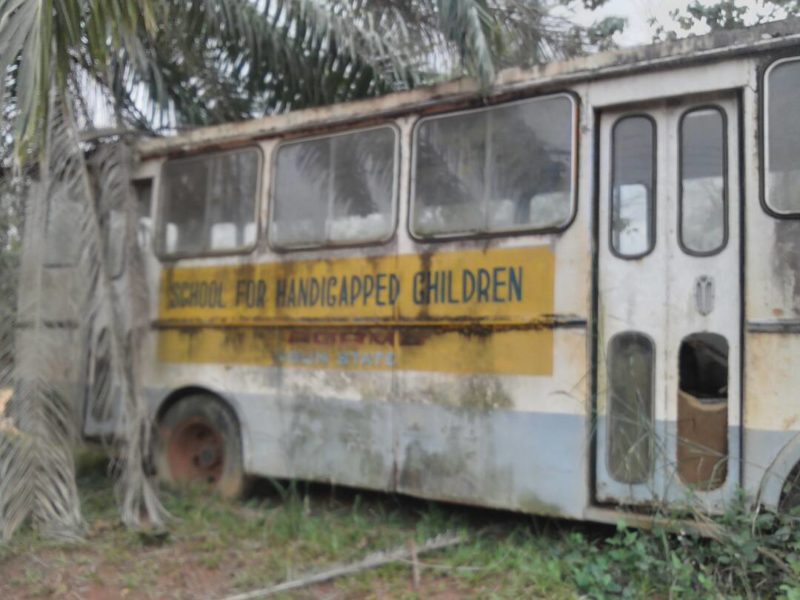
Lagos is trying, but…
Lagos is the only state that has created inclusive units in schools to accommodate children with disabilities.
On a visit to one such school, the Lagos State Model College at Agbowa Ikosi in Epe Local Government Area, Stephen Yisa, a 13-year- old Junior Secondary (JSS) 2 boarding student, was found in his classroom preparing for his mid-term test. It was a sweltering afternoon in September – the first visiting day of the 2017/2018 academic session. Several students were loitering around the school premises in the company of their parents or guardians, who had brought them food and gifts.
Stephen cocked his ear towards the voice of a classmate, who was reading a topic on digestive systems from the Basic Science textbook. He also recorded it with his tape recorder.
“In class, if the teacher writes or draws a diagram on the board, I will look for a student who is punctual and never misses a class to read his note to me,” he told this reporter.
“And if such a student copied rubbish, when exam or test comes, I may also fail because I will be misled by the wrong information he or (she) copied…and if it is correct, I will pass. That is why I use textbooks to crosscheck.”
Daily, Stephen, who is visually impaired, relies on several such willing classmates to make notes as there are no textbooks available in Braille. This school, which is much vaunted to have resources for blind students, also does not have Braille machine or equipment. Neither do visually impaired students have access to computer at the school. Currently, there is no mathematics teacher for blind students at the school. The typewriters are insufficient, despite the state government verdict that the school is acclaimed for its educational facilities for the blind. As Stephen’s experience reveals, the blind students still lack access to fundamental learning aids at the school.
At another school visited, the GRA Primary School, Ogudu, in Kosofe Local Government Area of Lagos, the head of the inclusive unit, Mrs. Rachel Tejuoso, opines that the state’s effort is just scratching the surface.
“We have 35 children here with different forms of disability,” she said. “The children are all learning and doing fine,” she claimed with a tone as bright as the colour of the yellow dress she wore that day.
The inclusive education initiative saw the light of day in 2006 – some 11 years ago – and, as at today, there are 31 such schools at the primary schools and seven junior secondary schools in the state. This amounts to a mere 3 percent of the 1,001 public primary schools in Lagos.
When asked if parents bring their blind wards to the school, her voice dropped. “The only blind pupil that came, I had to send her to Pacelli (School for the Blind) because we don’t have teachers for the blind. There are also no learning materials for them. If not she will not learn anything,” Mrs Tejuoso said.
Due to the patience-trying nature of these children, “teacher to disabled children ratio” ought to be 1:5. But she revealed that there are only three teachers with special skills to teach the 35 children at her school.
That includes herself, she said, pointing her index finger to her shoulder, “… two others and a care giver. This is highly inadequate but we thank God that at least Lagos State has started this.”
A brief tour around the school shows the disabled children are mostly lumped into one classroom for those in Primary 2, 3 and 4. It was also evident that most of the ones in lower primary are over-aged for the class. There was a 10-year-old deaf child in Primary 2; a 22-year- old intellectually challenged man with multiple mobility disorders was also seen in same class.
Hinting on the learning outcomes, she said the drop-out rate is highest with intellectually challenged children.
“Some of them are educable and some are trainable,” she said. “Those that are educable usually proceed to junior secondary school, but those that are trainable have difficulty learning because their brain is affected by the disability.”
It’s a familiar story at the Ikeja Junior Grammar School, which is also one of the schools with inclusive units. The principal declined to comment because of his position as a public servant.
An overview of the school’s inclusive unit shows that though it is supposed to accommodate all kinds of disability, there are only 75 students with hearing impairment – 37 boys and 38 girls – are enrolled. This reporter saw three classes, JSS1-3, each with a teacher therein for deaf students. But whether these subject teachers can teach other subjects remains unknown, as a junior secondary student studies 13 subjects.
However, there are no teachers or learning provisions for the blind, and physically challenged. No ramp for wheel chairs or crutches was spotted in the entire school structure.
In addition, the major challenge still remains an insufficient number of sign language interpreters for each subject, one of the teachers, speaking unofficially, said.
At the Olisa Primary School, Papa Ajao in Mushin Local Government Area, the only blind pupil in the school was not learning anything at the time of the visit.
“I have told the mother to take him to Pacelli, but she feels uncomfortable with that,” one of the teachers in the school said. “He is not learning here. There were originally two visually impaired students here, but the parents of one withdrew the kid to Pacelli,”he adds.
That means the second pupil is not learning as it were, thus defeating the purpose of inclusive education and the UBE mandate. The reasons are clear; there are no teachers that specialise in teaching blind students at the school.
“We don’t have teachers and learning materials for the pupil,”a teacher spoke on condition of anonymity. “We have about five teachers and we are training others on how to deal with these students. You know special education is broad and there are specialists for the deaf, blind, physically and intellectually challenged. But in this school, I am the teacher, counselor, psychologist, everything.”
A chart on the wall of his office reveals there are a total of 75 pupils with disability. Twenty-five of them are intellectually challenged, one blind, five with hearing impairment and seven with crutches or wheel chairs.
It was observed that the only ramp in the school was near the toilet. A well-equipped sick bay was donated by Oando’s Adopt-a-School Initiative, but there is no nurse or relevant manpower to manage it.
A Baseline Assessment Survey of 38 Inclusive Units in Lagos State reveals that the present manpower is over-stretched and productivity is generally low.
Ogun schools need more government support
With a total enrollment of 268 disabled children, the School for Handicapped Children at Remo serves Sagamu West, South, Yewa, Remo North, Local Government Areas of Ogun State. The Assistant Head Mistress, Mrs. Florence Okunola, says despite the enrollment, most of these children do not come to school because of lack of mobility.
We thank God because the awareness has increased now. Before, most of these special children are hidden at home and never sent to school. That is changing now. However, there are more who could be in school, but they live very far away. Thus because of lack of transport money, they come to school, maybe three times a term. Although we have boarding facility, it is over stretched,”she laments.
Very few pupils were seen in the school. There is no provision for blind students, although a few of them were present.
Mrs. Okunola repeated the now familiar story of insufficient hearing aids and lack of speech trainers. However, she says the school has sufficient teachers. According to her, Ogun SUBEB pays their salary promptly, and that is as far as they go.
She says: ”Lafarge Cement has been our main donor. We also get a lot of support, such as school furniture and stationeries, from Lion’s Club. Other philanthropists provide beds, mattresses and whatever they can afford.”She pauses and points to a rusty bus in the school premises.
“What we need most is school bus. It will help reduce the number of drop-outs and out-of-school disabled children.”
The Universal Basic Education Mandate
According to the World Health Organisation (WHO, there are seven million children in Nigeria living with disability. The current statistics from the United Nations Educational Scientific and Cultural Organisation (UNESCO) shows Nigeria has 10.5 million out-of-school children. The Universal Basic Education (UBE) Act mandates every Nigerian child to be educated, at least up to the ninth grade of school. Thus the Federal Government, through the Universal Basic Education Commission (UBEC), allocates two percent of its consolidated revenue fund to support basic education in the 36 states of the Federation. This grant is released through the State Universal Basic Education Board (SUBEB) of each state. However some activists believe the Act is only paying lip service to the education of the Nigerian child.
“If all schools in Lagos are standardised and well managed, children with disability will still remain out of school,” Dr. Adebukola Adebayo, secretary of the Joint Association of People with Disabilities, says. “The law does not technically address their inclusiveness. If the structures are not built in such ways to enhance mobility (of people on wheel chair for instance), if there are no learning materials like Braille machine, hearing aids (and so on), if the curriculum is not adapted for their special needs, if there are no teachers suited for them, they will still remain out of school. And that is where UBEC flaws are glaring.”
According to its 2017 budget, Lagos State spends at least N92.44 billion on education. This is bigger than the budgets of Gombe, Nassarawa and Yobe states put together. Lagos has received from UBEC, as matching grant, a cumulative of N8.2 billion from 2005-2016, that is since inception of the programme. From the observation in the aforementioned schools, it is hard to state that the money is spent on these schools. Dr. Adebukola Adebayo, a board member of the Lagos State Affairs for Disability Affairs (LASODA), says: “Lagos State is trying but providing these instructional materials for these students is not such a herculean task. If every year they budget for Braille machine, supply Braille paper and other important materials, these materials will be found in the schools and made available for the students, but their effort is not enough.”
Testifying to SUBEB’s effort is Mrs. Tejuoso of GRA Primary School. “Lagos State Ministry of Education is our main funder,” she claims, adding: “SUBEB gave us N10,000 monthly for the running cost of this place. They also pay special teachers better than others. They are the ones paying our salaries, very promptly.”
She further stated that SUBEB took the responsibility of feeding each of the 35 children with disability at the rate of N50 per child. However, that had stopped. Dr. Adebayo maintains that the amount Lagos State is claiming to spend on such children has not met up with the cost of training one blind child.
Cost of educating the blind
Explaining further, he says the cost of educating a blind student is more than N1 million a year. For effective learning experience, such a student needs a Braille machine which costs as much as N300,000; a laptop which costs N80,000. For the laptop to be friendly to his type of disability, he needs to install a software – JAWS (Job Access With Speech), which costs about N500,000 for a single user. If you add the costs of a typewriter, stylus and frame (N15,000), Braille paper, in addition to school fees and other sundry expenses, training a blind child to attain literacy might cost as high as N1.5 million.
The Ideal inclusive school
A school with an ideal inclusive unit for all four major kinds of disability ought to have ramps for wheel chairs and crutches (for the physically challenged), adapted chairs, paper and pencil holder, stretcher and physiotherapy clinic (for the intellectually challenged).
Provisions for the blind ought to include the Braille machine, Braille paper and textbooks, cassettes, tape recorder, computer with screen reader, typewriter, Braille map, Taylor frame and improvised ruler.
For the deaf, materials needed include amplifiers, audiology resources, audiometer, hearing aids, charts, posters, video player, sign language interpreter, television sets and speech trainers.
Personnel needed include teacher for children with learning disabilities, audiologists, speech therapist, opthalmologist, nurse, occupational therapist, caregiver, sign language interpreter, psychologists, vocational instructor, day guard, play cleaner, special teachers, special service providers and care givers. Presence or absence of these, experts have said, is a measure of how well a government is helping such children to achieve literacy.
Other States
A cursory look at most SUBEB budgets however shows there is always a budget for administrative activities, including schools monitoring. Mr. Tunde Adeboye, the Acting Education Secretary for Sagamu Local Government Area, was met in his office at the Local Government Education Authority in Remo, where he told this reporter that the Council receives no funding from Ogun SUBEB for the monitoring of 60 schools in its area of authority.
“We have 60 schools across various LCDAs, which we monitor on behalf of SUBEB. If they have any complaints, we send it to Abeokuta (headquarters) and vice versa. However, since inception, we received no kobo from them except to pay us salaries. But we are supposed to receive mobilisation allowance,” he said.
The website of the Universal Basic Education Commission, (www.ubeconline.com), shows that Oyo State has received a total of N6.4 billion matching grant in the last 11 years. A detailed look at the 2016 Oyo State budget reveals that it planned to spend N4.1 billion on SUBEB projects. Meanwhile, the special education school at Ogbmosho has received no funding from the state government.
What is working – Oyo example!
Despite the shortcomings seen in these schools, it’s a different story at the Nigeria Centre for the Blind at Ogbomoso North Local Government Area of Oyo State. The UBEC/ SUBEB funds did not only announce itself on the walls of the hostels and admin blocks of the school, it was obvious in the standardised quality of instructional materials as well as teachers available on ground. One of the teachers at the Centre, Mr. Kayode Taiwo, told EnviroNews that they have everything to equip them for an educated and self-reliant life.
“We have the vocational section for those who enroll at age 30. The students have access to the Braille machine supplied by SUBEB. They are introduced to Braille from the primary one. We have Marburg with stylus, pocket writing frame with stylus, tape recorder, typewriter and walking cane.” This reporter went into their resource room and saw the afore-mentioned.
Secondly, the residential nature of the Centre makes mobility easy for the142 students enrolled in the school.
“The programme is structured in such a way that once they are done with primary school, there is a smooth transition to Adeniran Memorial Secondary school, some buildings away from here,” the fair-complexioned teacher said, pointing westwards. “And at the close of school, they return to their hostel here.” According to him, there is no need to begin seeking a secondary school for them where they will have no access to facilities tailor-made for the blind.
On observation, several of the students were seen with their white canes, carrying their typewriters and navigating their way in and out of the premises.
Mr. Taiwo said his school gets monthly subvention from the Oyo SUBEB, though he did not reveal the amount. He mentioned that the school gets a regular supply of Braille paper as well as an arsenal of well-trained special teachers from Federal College of Education (Special), Oyo – said to be Nigeria’s most respected.

